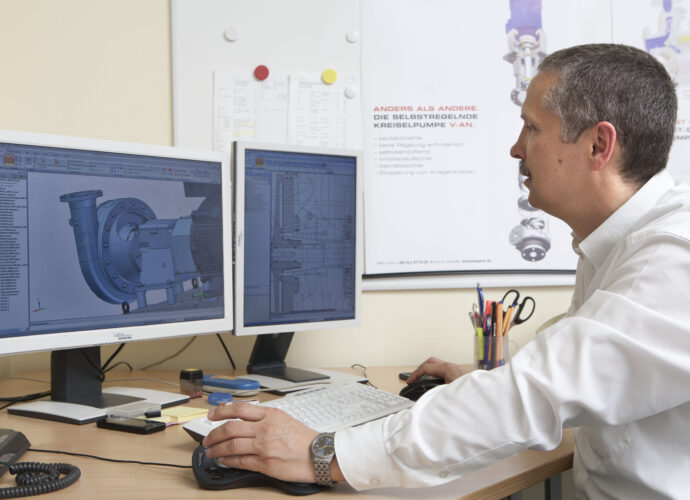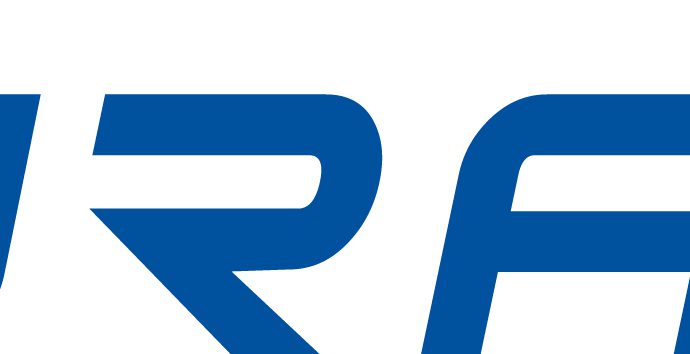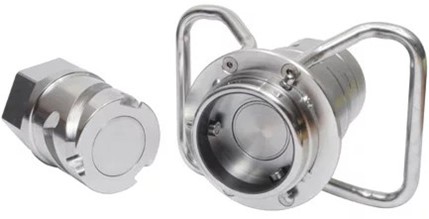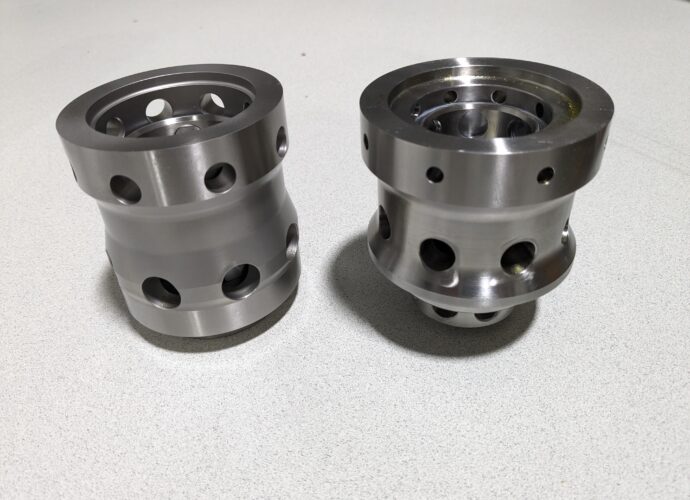New Bern, NC – As the impacts of the novel coronavirus outbreak continue to be felt around the world, it is time for industry to rethink one of the core tenets of its supply-chain strategy: just-in-time logistics (JIT). Developed in post-war Japan, JIT sought to reduce companies’ expenditures on inventory and create a more efficient supply chain in which materials and goods were only delivered to site as needed. By reducing the amount of inventory manufacturers had to keep in stock at any given moment, companies saved money because they were no longer spending massive amounts of resources storing parts that would not be used for weeks or even months.
JIT proved to be such an effective tool for cost cutting, the practice was soon adopted globally among manufacturers, retailers, and even hospitals. The obvious risk of Just-In-Time inventory is that a disruption in the supply chain can have major ramifications very quickly. As manufacturers keep few parts in their warehouses and retailers keep little product in their backroom, a disruption at any point upstream could force production to halt and goods to disappear off shelves quickly. In an era with increasingly reliable and efficient air, ground, and sea transportation, such a situation seemed increasingly unlikely.
That assessment changed when a novel coronavirus outbreak in Wuhan, China began to spread across China’s industrial heartland. After a period of inaction and likely cover-up the Chinese government imposed the strongest lockdown measures of any country so far. This lockdown resulted in the shuttering of thousands of industrial operations across the country, cutting off manufacturers and retailers further down the line from new supplies. As the fallout from China’s lockdown and subsequent lockdowns in Europe, Asia, and the Americas are felt, people have begun to experience these supply chain disruptions first hand, most infamously with the toilet paper runs that left shelves bare of Charmin for weeks.
Even Chemac’s operations were directly impacted by the disruptions. Manufacturing partners in Europe were forced to delay projects because their suppliers could not make deliveries on time. This setback at the manufacturing stage was compounded by a massive backlog in the air freight industry caused by a steep reduction in commercial flights. These challenges caused issues further down the line, with customers preferring orders be completed and delivered as close to installation as possible in order to reduce inventory expenses and ensure the most up-to-date pumps are used.
Moving forward, industries need to take precautions to ensure their operations can continue despite pandemics or other global catastrophes. With regards to high pressure process pumps and cleaning pumps, redundancies are key. If a pump breaks down during a pandemic and new parts cannot be manufactured or delivered within a reasonable timeframe, it is critical that spare parts be on hand to complete repairs. Chemac Inc is ready and able to assist customers in determining what critical spare parts should be kept on site in the event of an emergency. The advantages of purchasing spares before they are needed are obvious: there is a shorter downtime for operations because there is no wait time for part delivery during “business as usual” and there is no risk of a part not being available for months on end in the event of another catastrophic supply chain disruption. Although the cost savings of JIT inventory are significant, it is critical to still maintain redundancies for major disruptions, especially as the likelihood of further Coronavirus outbreaks and potentially new pandemics seems increasingly likely.
Chemac Inc knows the future ahead is uncertain and is taking steps to reduce risks today. Chemac Inc has already demonstrated that assembly of Uraca pump drive trains can be completed in the United States if needed. The possibility of more assembly and even manufacturing of products stateside is being analysed in the event of further transit delays between Europe and the Americas. Changes to the JIT economy are necessary and Chemac Inc is actively taking steps to prepare for the future.











